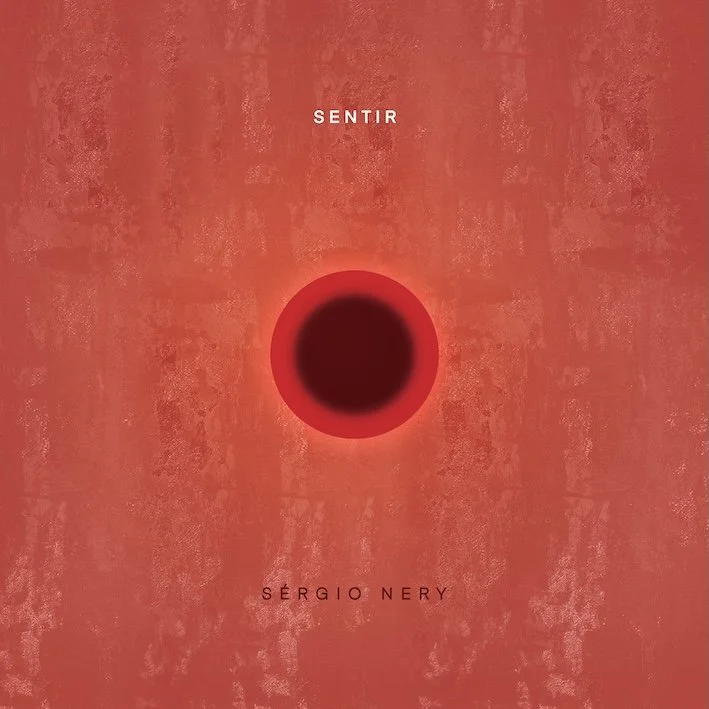Rock/Review Sérgio Nery - A NORMAL IDADE
Born in Porto, Sérgio Nery is a music education teacher and opera singer, now showcasing his project as a composer, singer-songwriter, and guitarist. With influences ranging from classical music to rock, jazz, and soul, he builds a musical universe marked by sincerity of words and melodic and harmonic care.
“A NORMAL IDADE,” a compilation of songs created over three decades that trace the journey from teenage longing to mature contemplation, is the debut album by Portuguese artist Sérgio Nery that feels both timeless and intensely personal. Playing on the dual meaning of "normal age" and "the age of normality," the album's title establishes the mood for a record that is full of self-discovery and metamorphosis.
This vibe is nicely captured in the standout track “Sentir.” With horns, electric guitar, and ethereal keys woven into a cozy pop rock composition, it's a surreal meditation between light and shade. Listeners are drawn into the delicate area where creativity and emotion converge between waking and daydreaming by Nery's honest, confessional vocals.
However, the record doesn't stick to a single vibe. The album's depth and empathy are highlighted by songs like “Voar,” which feature funk-infused rhythms that transport the listener to a danceable ecstasy, and “Na tua mão,” which paints a sensitive portrayal of parenthood. The production, which was created in home studios with a large network of domestic and foreign contributors, adds fine detail to each song without detracting from its natural warmth.
Nery's lyrics, which are full of beautiful imagery, speak to universal emotions like love, grief, longing, and the unwavering hope that keeps us going. He is solidly rooted in the singer-songwriter tradition while incorporating a contemporary sense through his fusion of urban romanticism and classic pop rock textures.
In the end, “A NORMAL IDADE” feels more like a life's labor than a debut; it's a musical journal that beckons listeners to stop, think, and discover themselves in its contradictions.

